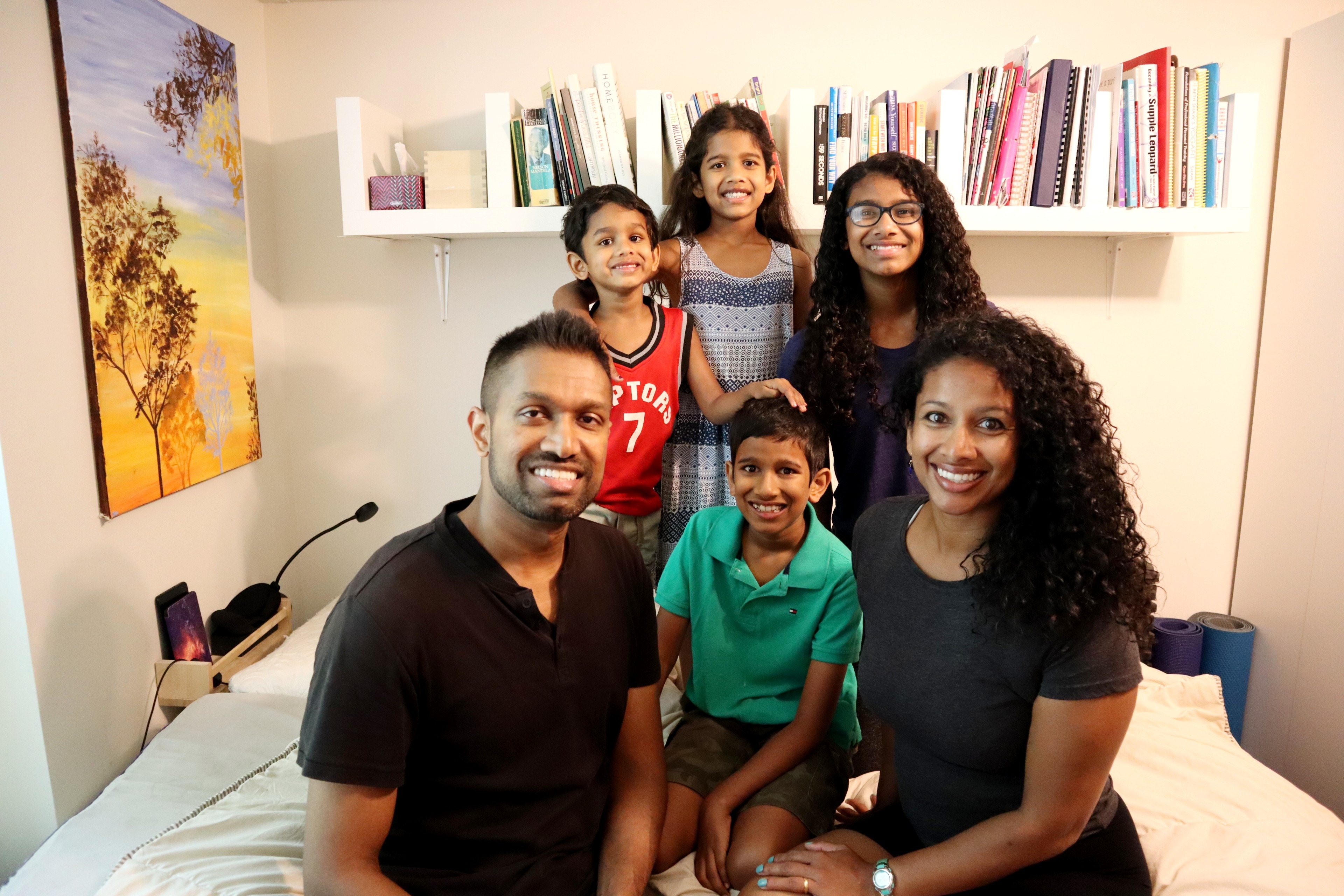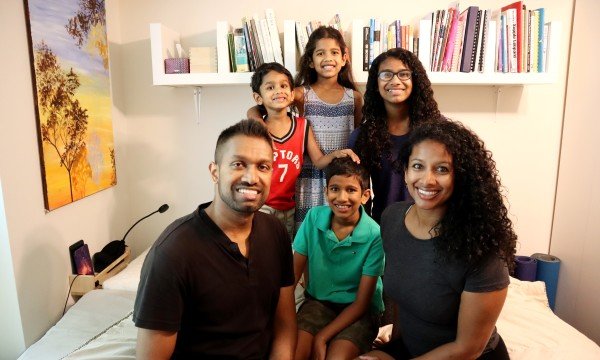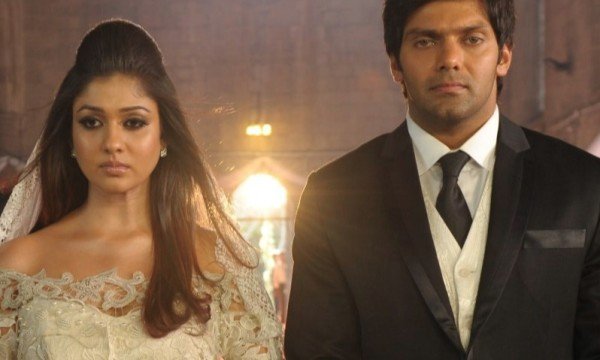
Analyzing the world through a lens dating back to the 1950’s, we see the global aspiration surrounding the “nuclear family” which consisted of two kids, a working dad, a stay at home mother together with minimal prosperity. It is important to point out that this is no longer the larger representation of society, although still perceived as so for many in the Tamil Community. There is a need for us to dive deeper into the “post generational” ways of living, specifically in the realm of love, marriage, and relationships as cohabitation, same sex marriages, and single-parent households are on the rise.
For generations within Tamil culture, we have had grandparents and extended family practice living together under one roof as well. This concept of cohabitation limiting one’s access to a very private life where decisions could be made by anyone would probably fall only into the hands of the eldest member to make, who was in most cases a man rather than a woman. We see this culture very much expressed and stereotyped again in the Tamil movies we watch even today, with the rare occasion where we get a rebellious character who fights for their rights. It is this stereotype that adds to the problem of what makes it okay to encourage the concept of a nuclear family today. It is not about who you should live with that makes the difference, but rather how each individual’s role in the household is divided and how much access they have to their own mind.
For example, we have probably all seen Tamil parents and elders very keen on getting their daughters married into a well established family in their early 20’s. Here the man is often older by 4-6 years, has a high income, and is at a stage in their life to get married and have kids. Parents encourage their daughter to sometimes even leave everything behind to build a life in a different city or country with this new partner. They are encouraging you to depend on this person financially and emotionally. Alternatively the opposite as well, where a lot of men are still mentally behind, wanting partners who will be financially dependent on them. Where is that equality that represents our society? Why are parents incapable of seeing the sacrifices that are needed to pursue such a lifestyle switch? Why are parents encouraging the nuclear family to this day?
To some parents, they fear for their children, but more importantly, they fear society and time. What Tamil parents fail to realize is how difficult it is for a woman to achieve success in their career once they have the need to also care for their family at the same time as their personal life. There is more to life than just abiding to have a traditional family, so much to learn.
-Featured image from Mom Zone Fitness.
Speaking with Anita, a traditionally brought up Tamil girl in Chennai, who moved to Canada to pursue an undergrad, she shared how much her eyes opened up after coming here. Discussing with her friends she compared her memories of Deepavali, where her siblings, cousins, aunts, uncles, and grandparents who all lived under the same roof at a point, bonded with each other in the celebration of light. The family stories that were told and cherished, were sweet memories engraved in her mind. Never did she think that her big nuclear family would fragment into a smaller home with just her mom and siblings after their dad passed away. Due to family land issues, she lost her connection to her extended family. Her family had changed to be more focused on a female working household, where her mother was very strict on Anita and her siblings to obtain an education and gain independence. Luckily, Anita’s mother had a family business to look after. However, for her best friend Lakshmi, this was not the same case.
Lakshmi’s mother was encouraged to marry at the early age of 21, and had Lakshmi at 22. She was a committed housewife who kept her family a priority. However, the most suitable groom her parents sought for her became her biggest verbal abuser. To the point she could not tolerate it anymore and made the difficult decision to leave when Lakshmi was a 2-year old child. It was not easy for her filing custody cases, traveling up and down to court with a toddler. Her mom struggled to find a working income in Canada being a single mother. As Lakshmi grew up, her mother encouraged her to get an education, but seeing her mother struggle, the focus for her then became finding a job to support her single mother and her siblings as well. Lakshmi mentioned how she now fears the barrier marriage places on a woman, and would love to avoid it completely until she establishes herself as one who is financially independent.
The question of how we help our children see the positives and negatives now comes into play. How do we move past the nuclear family ideology to help children from a young age understand strength, financial stability, opportunity, building a solid foundation, encouraging education regardless of sex, communicating constantly with them without instilling they follow the route of the traditional ideology? We don’t realize how much burnout is actually placed on each member of the nuclear family that we as individuals encourage as a result. Especially when it is admired as the perfect family, it is hard to see how overwhelming it can be for one particular member.
In the two personal stories I explored, I can see how our society has made life better in some circumstances and worse in others. As children have to undergo so many difficult circumstances to help build their family up in many areas. On the other hand it has helped progress the minds of children today to put themselves first and not rely on anyone. Let us hope no one continues to emphasize the nuclear family and sustain that mindset as the world moves forward to give us a new definition of what it means to be a part of a traditional family.
- Tamil Innovators: Leadership Lessons With Trailblazing CEO Kasturi Chellaraja Wilson
- Tamil Innovators: Saeed Selvam on Finding Yourself in a Polarized World
- Tamil Innovators: Kumaran Nadesan on Realizing the Potential of the Global Tamil Community
- Tamil Innovators: Roy Ratnavel on Building Resilience
- Tamil Innovators: V.T. Nayani on the Power of Storytelling
- Tamil Innovators: Saye Sathiyakumar on the Future of Work & Building a Multi-Million Dollar Business out of Scarborough
- Tamil Innovators: Noel Kirthiraj, CEO of maajja, on the Future of South Asian Music
- Tamil Innovators: Suba Umathevan, CEO of Drosos Foundation Switzerland




























